I fear my best binge-watching days are behind me, since I don’t normally have huge swaths of time anymore to devote to a television series. To be fair — back when I did, I really just re-watched the first three seasons of The Sopranos over and over. That said, I’ve been sick for six weeks straight, and have had to make do with a bit more do-nothing time than usual. Figured I couldn’t feel much worse, so I watched all of the much-talked-about Netflix true-crime documentary series Making A Murderer.
It’s an incredibly upsetting story, no matter which side one chooses to accept, and I hope what I’m about to do here isn’t misinterpreted as me trying to make a joke out of it. I don’t take these issues lightly, and nobody should. If Making A Murderer has social value, and I believe it does, it demonstrates how the justice system in this country is supremely flawed — of course guilt and innocence are ultimately important, but the process itself chews families and loved ones up and refuses to spit them out. Once you’re sucked up into the legal system, the gears grind you up into pulp and dust, and forces anyone who cares about you to adapt to impossible situations daily.
As anyone who’s seen Making A Murderer is well aware, the story concerns Wisconsin native Steven Avery, who is imprisoned for eighteen years for a crime he definitely didn’t commit and exonerated by developments in DNA evidence procedures, only to be re-arrested two years later for the murder of a young woman named Teresa Halbach. Steven’s nephew Brendan Dassey, who very clearly shows signs of developmental disabilities, implicated himself in the crime and like Steven, was convicted of murder despite having giving a confession that appeared to be coerced at the very least.
The documentary is controversial because filmmakers Laura Ricciardi and Moira Demos seem to weight the perspective of the series towards the favor of the defendants. Whether or not Steven committed the murder and even whether or not Brendan was involved are not questions that are answered beyond a shadow of a doubt by the end of the series, but the filmmakers certainly appear to argue that the defendants deserve a fairer trial than they received. Everyone who watches Making A Murderer comes away with strong opinions. It’s become a cultural phenomenon. The White House has responded to a petition for a presidential pardon for Steven and Brendan from motivated fans of this show. As many have noted, that’s not the president’s jurisdiction — this is a matter for Wisconsin to handle. But this is America. That doesn’t stop people from talking.
I don’t think I have a definite opinion on the events of the series. It’s my belief that no documentary can be fully objective, since the cameras are held by human beings, and moreover, I think the presence of a camera alters the course of events as they happen. The only truly objective camera position is that a security camera, one taping subjects who probably don’t know they’re being taped. (Of course, some such objective footage is included in Making A Murderer, which particularly helps the case of Brendan Dassey.)
But I’m not an armchair detective, like so many viewers of Making a Murderer have turned out to be. I’m more of an armchair casting agent. That’s just where my mind goes, under the best of circumstances, and never more than in this case, where the progression of the trial being depicted by the series was so depressing that my mind yearned for whatever escape it could find. I think that’s the same reason so many people on social media have developed crushes on some of the recurring characters of the series, and why they’re only half kidding — some of the public figures depicted in the documentary come off so revoltingly that the viewer at home is looking to seize on any decency exhibited by the series’ protagonists (for lack of a better term).
Defending attorneys Dean Strang and Jerry Buting come off noticeably well, both of whom appearing at all times to be eloquent, inclined towards logic, and concerned with mounting the best possible defense for their client. On Twitter they’re sex symbols. If I was going to be completely funny about casting a Making a Murderer movie, they’d have to be played by George Clooney and Brad Pitt. Likewise, the temptation would be to go with CGI and a creepy-lady voiceover for prosecutor Ken Kratz, who at one point gives a press conference full of lurid and blatantly unprovable detail that seems undeniably unethical. (Doesn’t help that he’s since admitted to using his position to sexually harass a victim of domestic violence.) The course of justice is so muddy in this series that the heart and the mind yearn to construct clearly-delineated heroes and villains in response.
Overall, my casting choices aren’t meant to be jokey — if given unlimited resources to do so, these are the actors I would put into the inevitable dramatization of these events. I’m not the only person to attempt such a thing: This is probably the best one I’ve seen. But these are the people my mind conjured up while I was watching the show, and you probably have your own ideas.
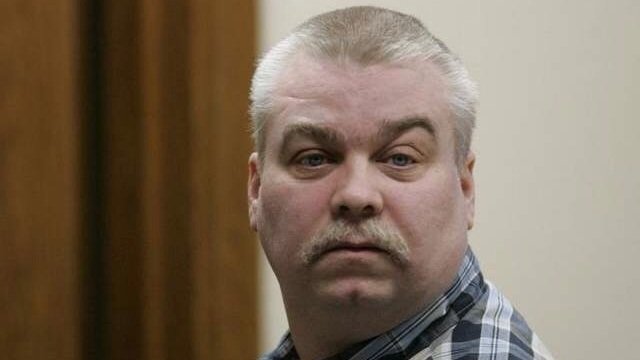
Steven Avery
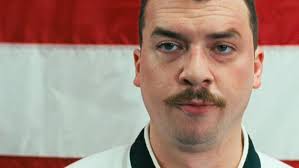
The dream casting in my mind is Michael J. Pollard. But since we’d need a younger performer, I’d go with Danny McBride. He’s mainly known for broadly comedic work but in an alternate universe he and David Gordon Green kept making movies like ALL THE REAL GIRLS and in that case, this would be spot-on for both lead actor and directorial auteur. (I also happen to believe McBride deserves a Lifetime Achievement Award for Eastbound & Down, but I know they don’t give those for TV shows and maybe that’s just me anyway.)
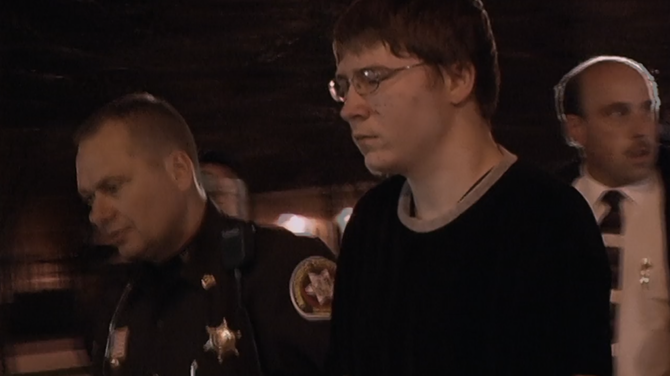
Brendan Dassey
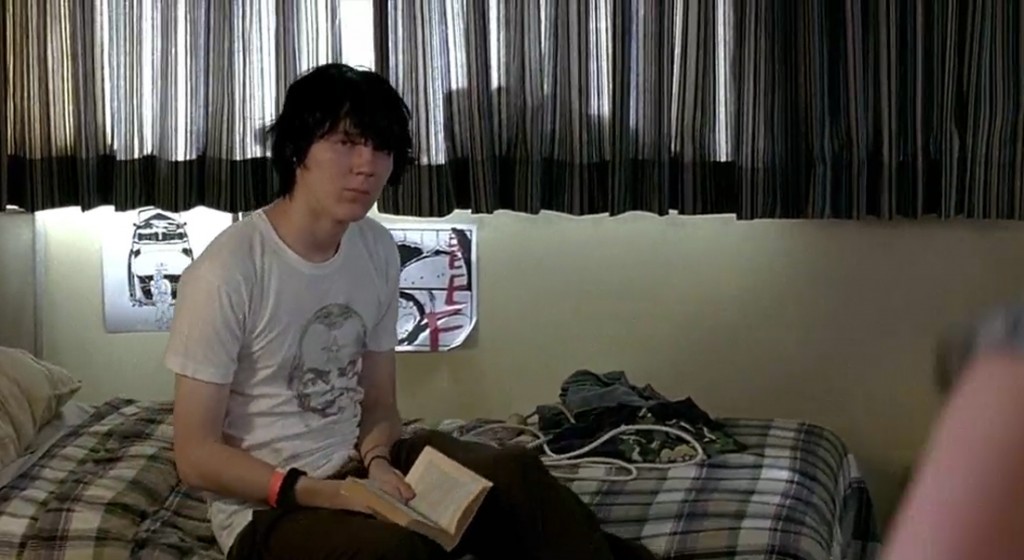
The internet consensus is that Paul Dano would play this role in a movie of these events, and this is one of those times you can’t argue with the internet. If Brendan Dassey were fictional, he’d be played by Paul Dano, who’s played similar roles in everything he’s done, notably PRISONERS and THERE WILL BE BLOOD. Sadly, his situation is real.
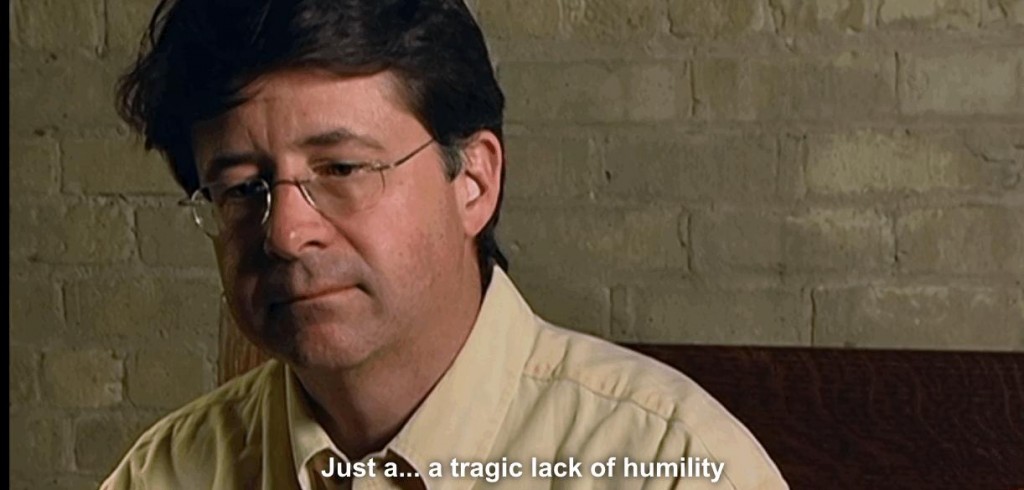
Dean Strang
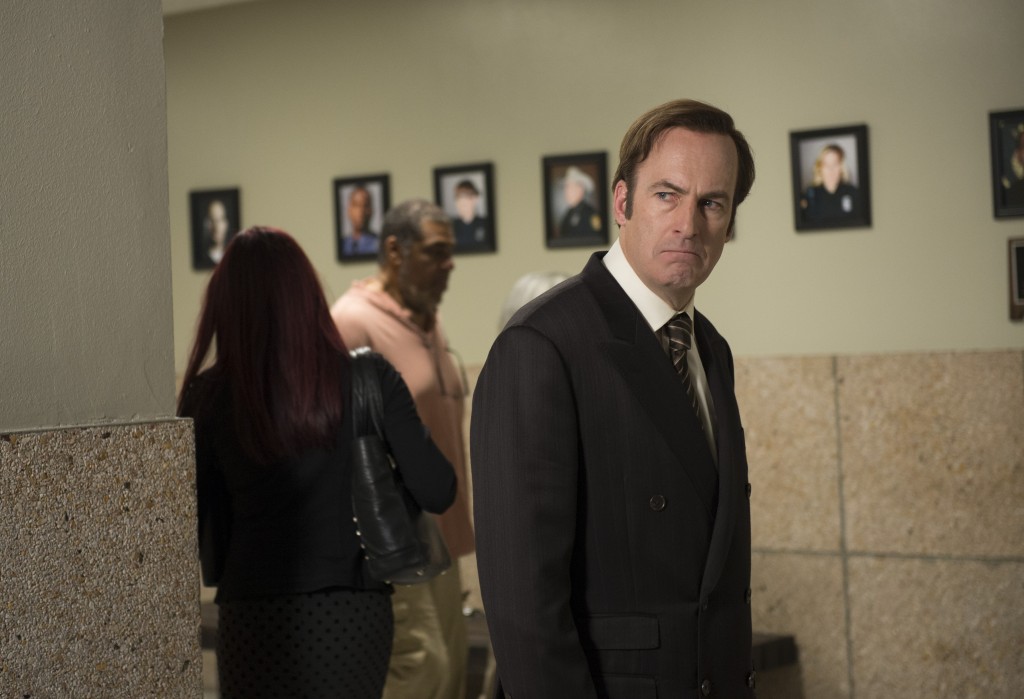
In terms of the voice, this role has to go to Bob Odenkirk. Close your eyes and it’s the same guy. The physical resemblance isn’t quite there, but there’s a sort of poetry in the way Odenkirk is already playing a defense lawyer on Better Call Saul.
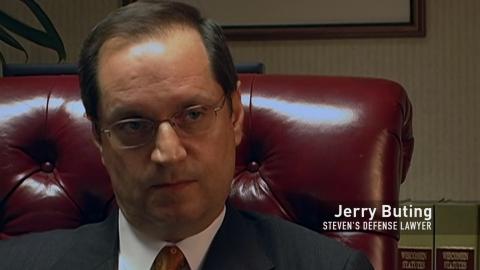
Jerry Buting
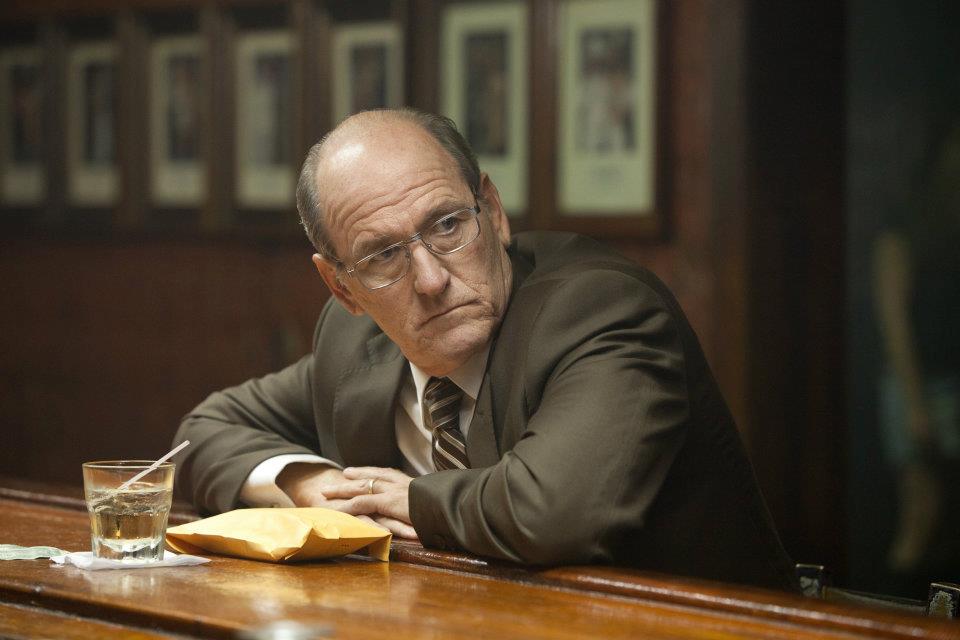
I’d also consider David Paymer, but I mean, just think of Richard Jenkins and it feels like a snug fit.
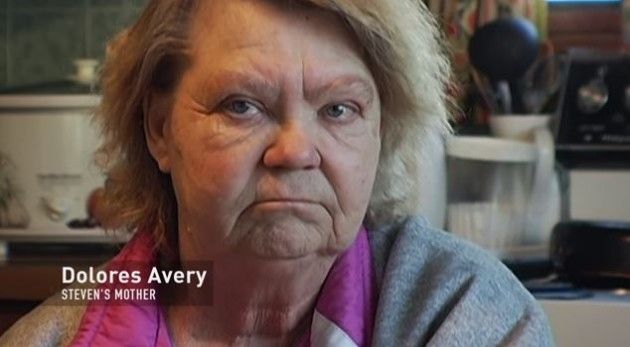
Dolores Avery
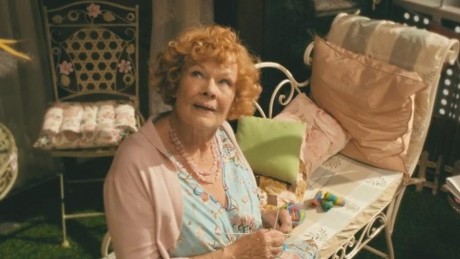
Dolores Avery, Steven’s mother, has been through more than enough — she deserves the honor of being played by Dame Judi Dench (who would play it perfectly).
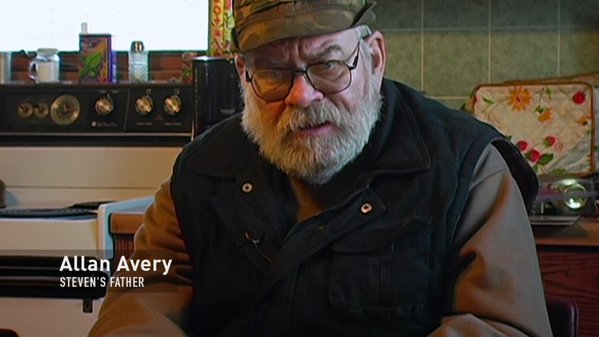
Allan Avery
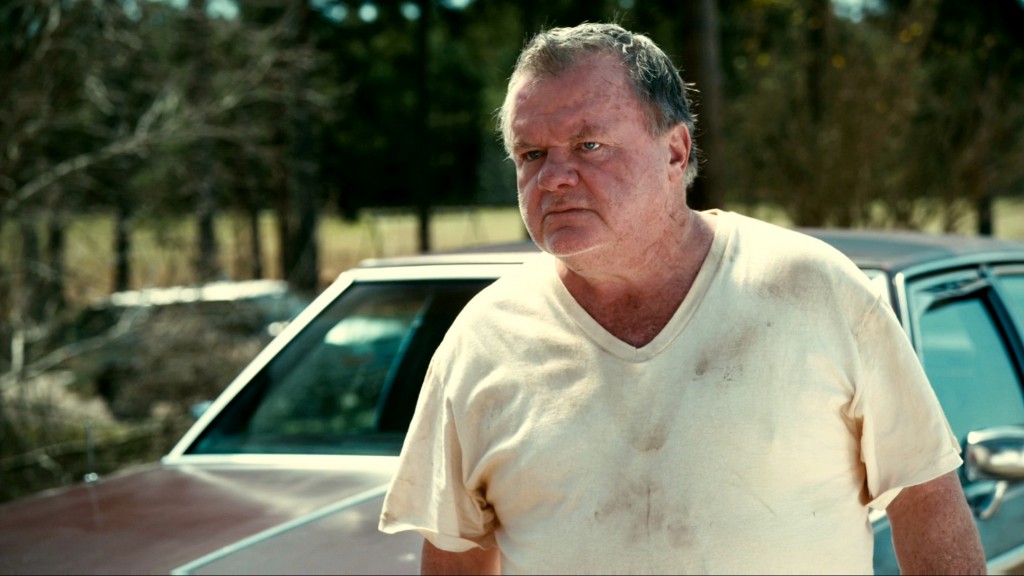
Steven’s father should be played by a New York character actor named Jack McGee, who you’ve probably seen in THE FIGHTER.
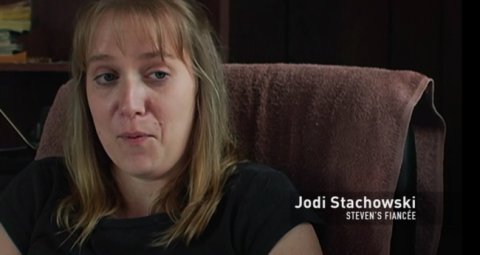
Jodi Stachowski
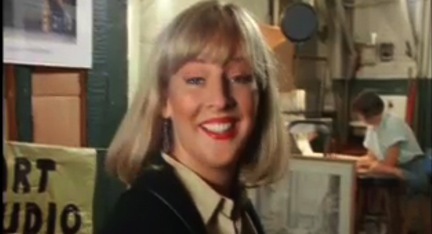
Steven’s relationship with Jodi ended as a result of this ordeal, so it doesn’t feel right to go with my instinct to see Kristen Wiig in the part, since again, it would sound like I’m joking. How about a different, less prominent SNL alumna: Melanie Hutsell?
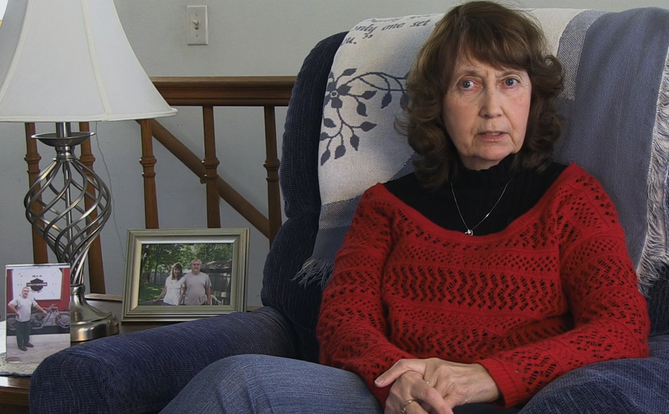
Sandy Greenman
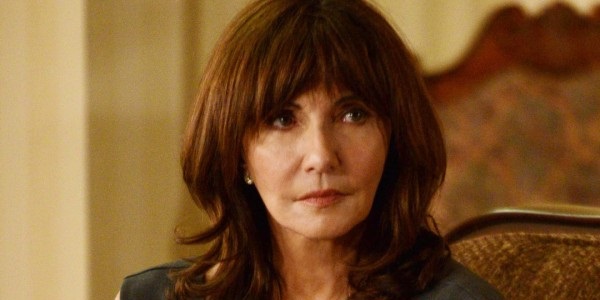
Steven’s girlfriend in the later episodes has a bit of Kristen Schaal to her, but Mary Steenburgen (also a cast member of Last Man On Earth!) feels more appropriate.
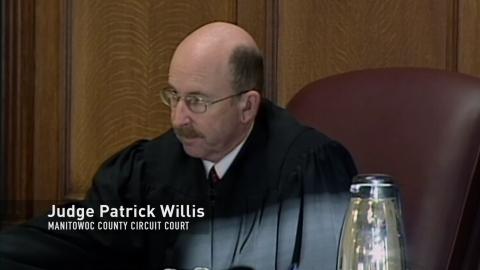
Patrick Willis
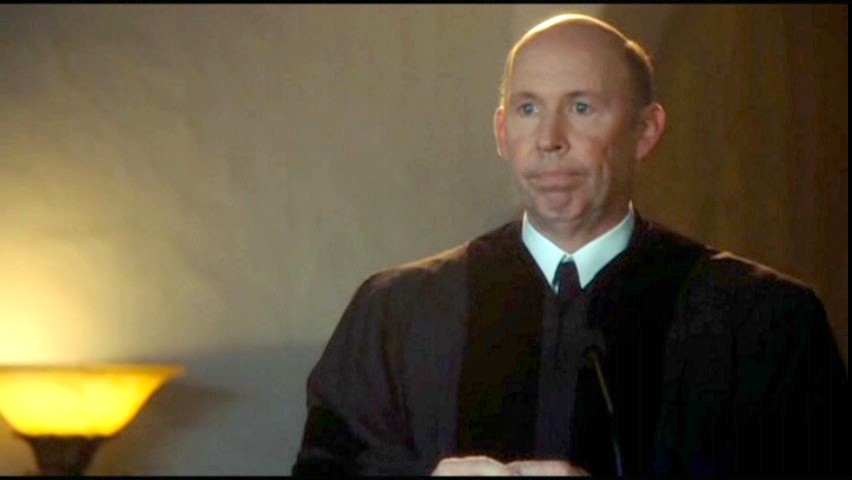
That’s Don Lake. I mean, come on. Don Lake isn’t super-famous but he’s a great character actor who’s been around forever. And it looks like he’s already played a judge!
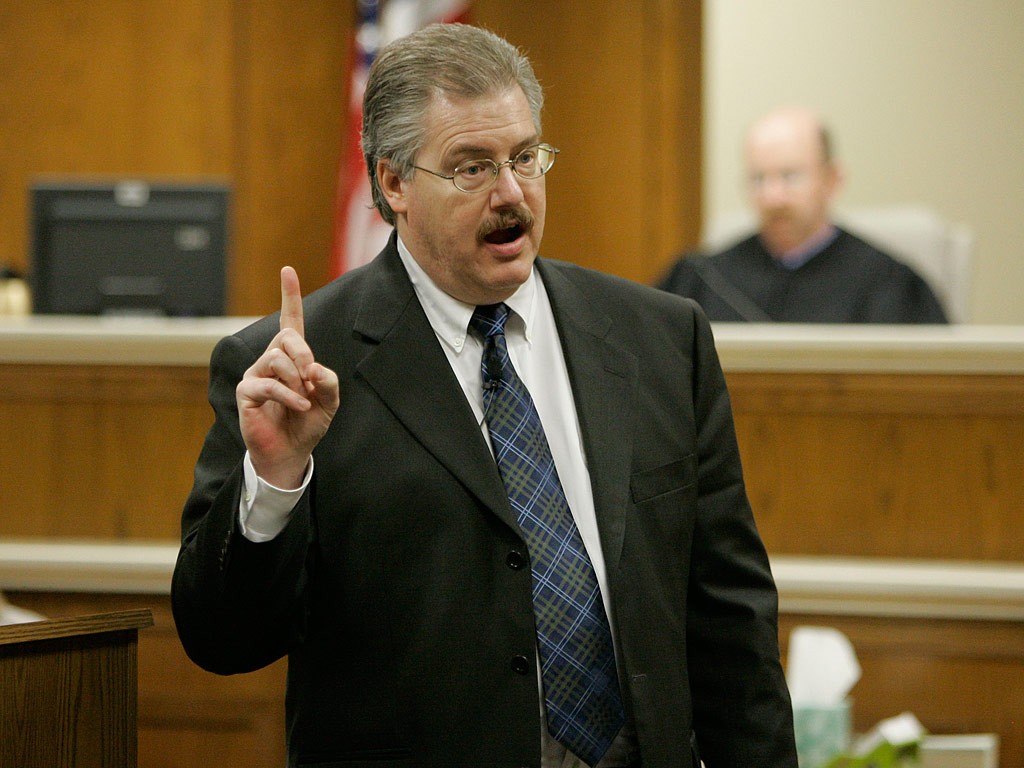
Ken Kratz
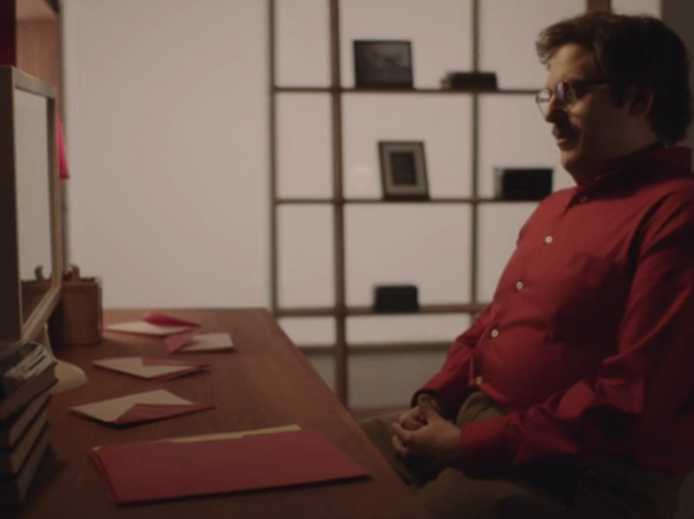
Jonah Hill.
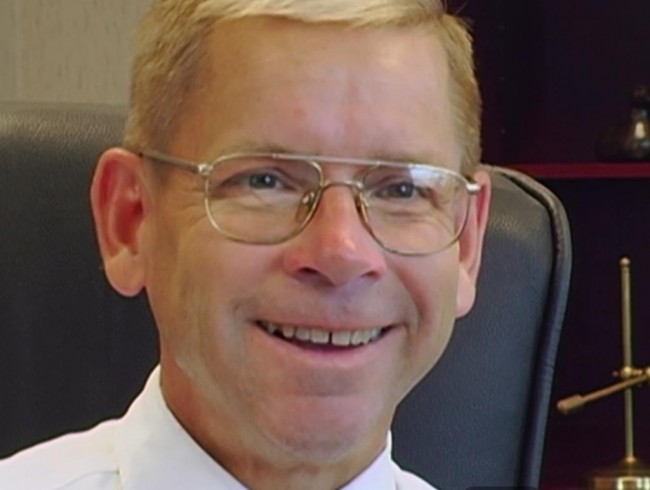
Len Kachinsky
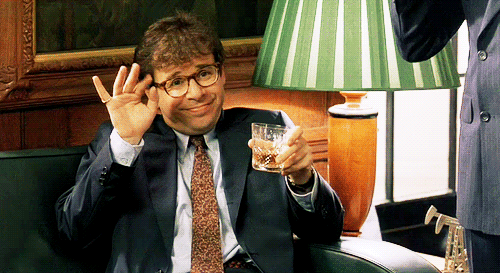
A good character-role comeback for Rick Moranis is long overdue. I can’t imagine anyone better to play Brendan’s cataclysmically inept defense attorney.
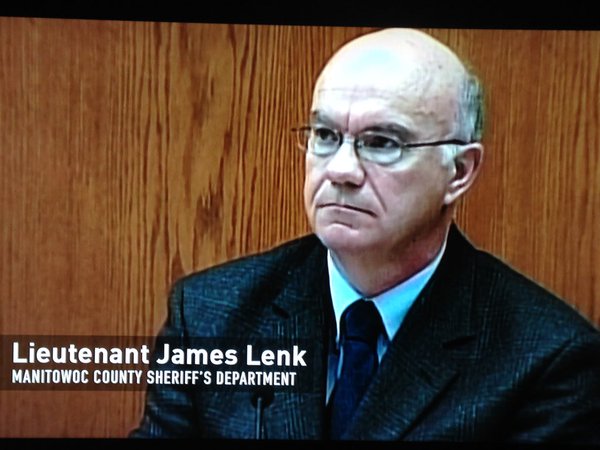
James Lenk
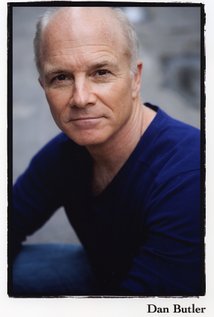
Probably better known to normal people for his role on Frasier, I keep thinking of Dan Butler for this casting choice, having seen MANHUNTER at least a hundred times.
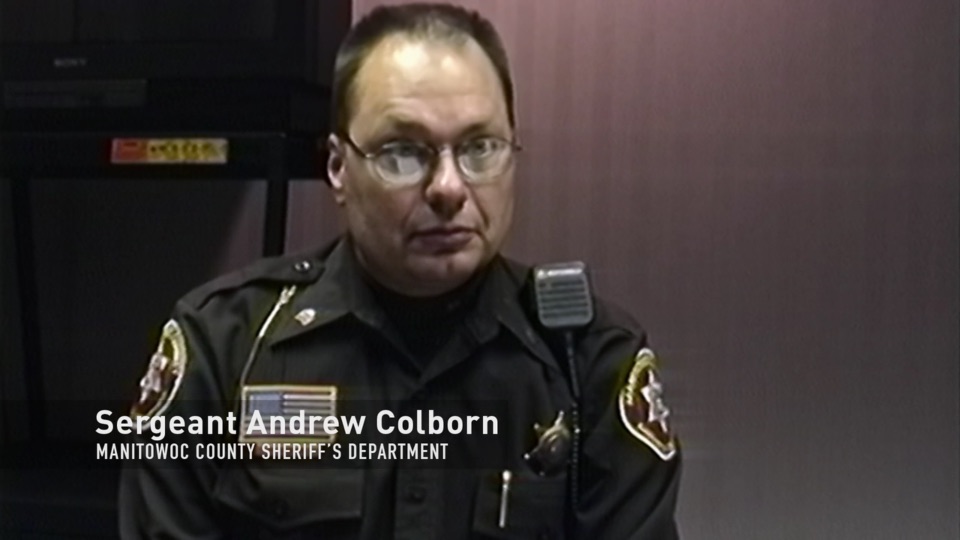
Andrew Colborn
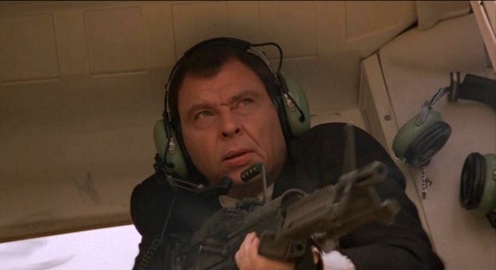
Again, I’m not being funny, I don’t think. Guy looks like Larry Drake.
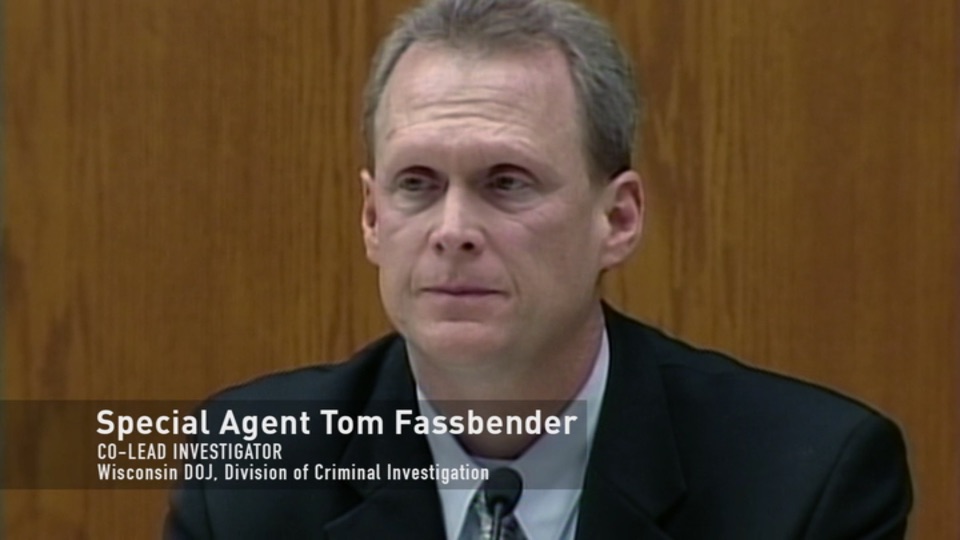
Tom Fassbender
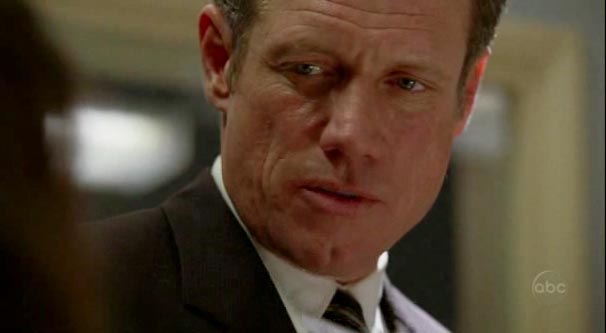
The slightly less gung-ho of the two officers who dragged that questionable confession out of Brendan Dassey could be played by Fredric Lehne, a veteran character actor who played the federal marshal who bedeviled Kate so memorably on Lost.
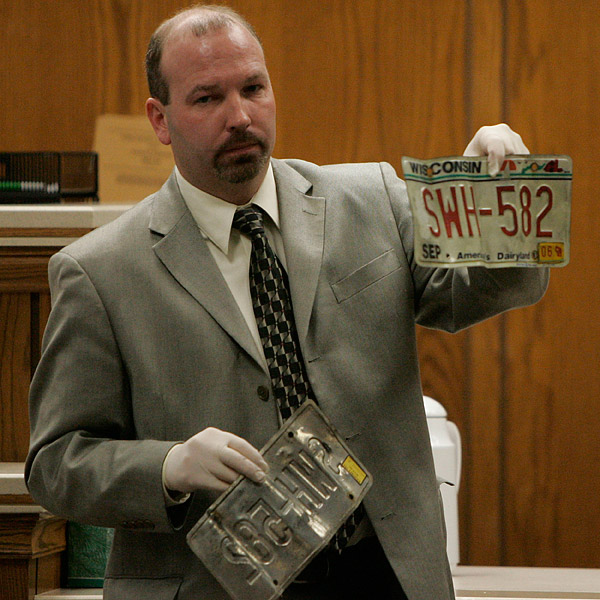
Mark Wiegert
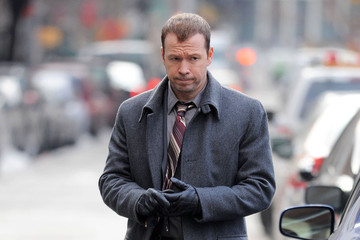
Fassbender’s more outspoken partner has to be played by Donnie Wahlberg, who thanks to CBS’s Blue Bloods is no stranger to playing reactionary law enforcement figures and, against all rational sense, has already found his way into this story.
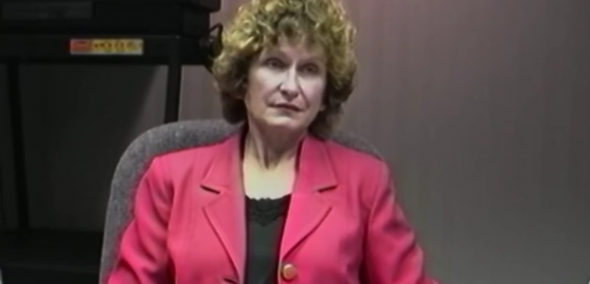
Judy Dvorak
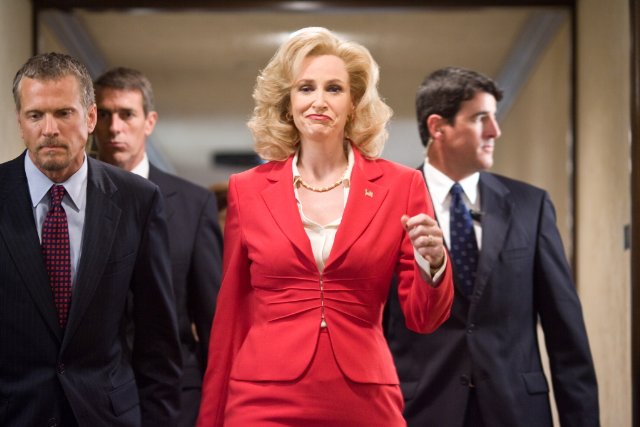
The deputy instrumental in wrongfully convicting Steven Avery in 1982 is a Jane Lynch character waiting to happen.
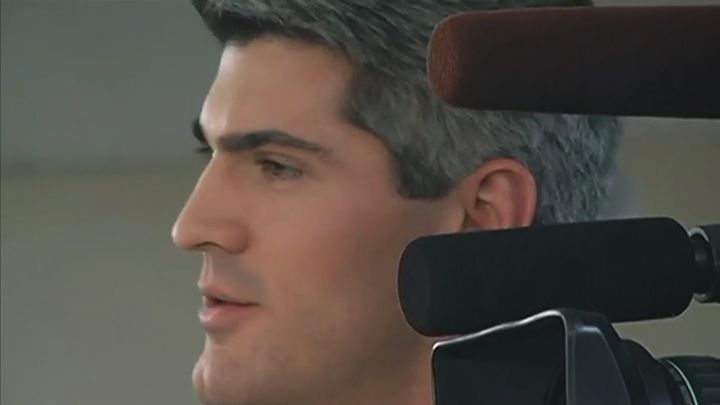
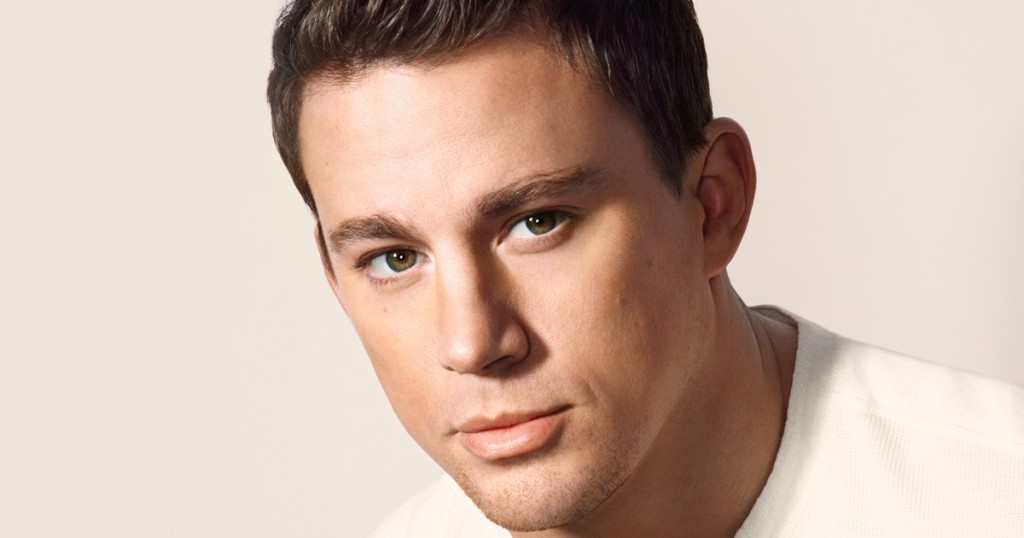
Okay, so this is kind of a joke casting choice, but the way people on social media flipped over this peripheral figure, a reporter following the trial, he’d have to be played by some famous hunky type.
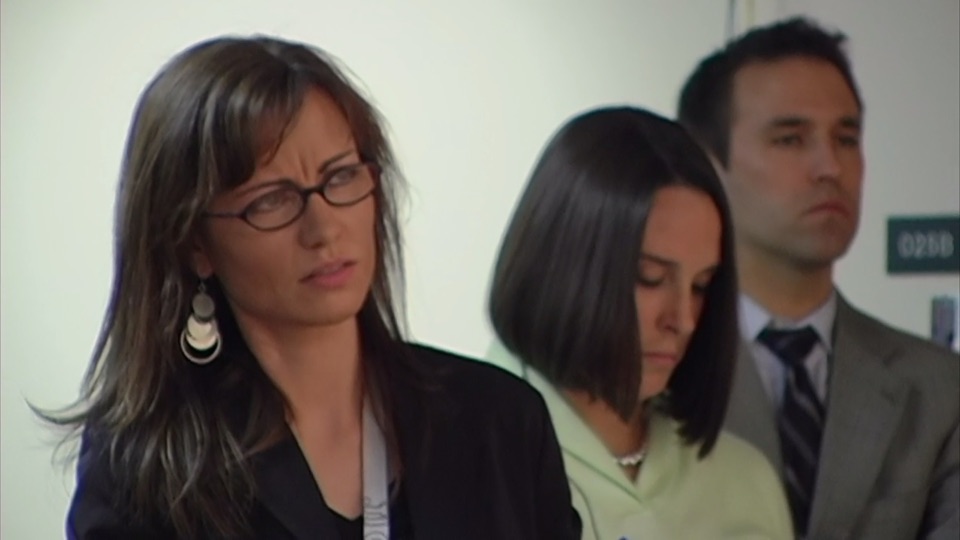

The female equivalent of the crush-worthy reporter, this lady has always indicated Olivia Wilde to me, though many people seem to be thinking Rashida Jones.
James Patterson
In my opinion, and this is only me talking here, prolific author James Patterson is an unsung villain of Making A Murderer. When Brendan Dassey gives details of his crime to Fassbender and Wiegert, the gruesome details he comes up with are later revealed in a conversation to Brendan’s mother Barb to have been inspired by plot points in one of Patterson’s lurid serial-killer thriller novels. If James Patterson doesn’t write Kiss The Girls, Brendan Dassey doesn’t have much to tell the men who arrested him, and Ken Kratz has less ammunition for his spurious press conference. Ergo, we can do better than James Patterson, airports and supermarkets of America. This guy is not the Dickens we desire.
— JON ABRAMS.
- [THE BIG QUESTION] WHAT’S YOUR FAVORITE FEMALE ENSEMBLE IN MOVIES? - July 22, 2016
- [IN THEATERS NOW] THE BOY (2016) - January 24, 2016
- Cult Movie Mania Releases Lucio Fulci Limited Edition VHS Sets - January 5, 2016
Tags: murder, Netflix, true crime, TV, Wisconsin

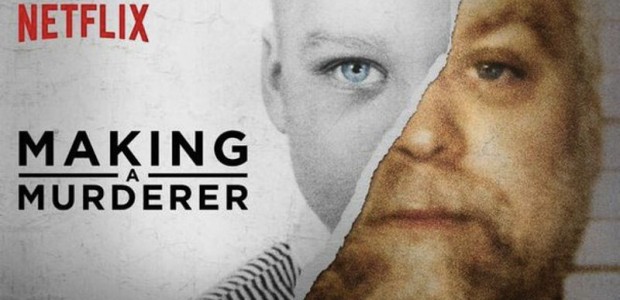
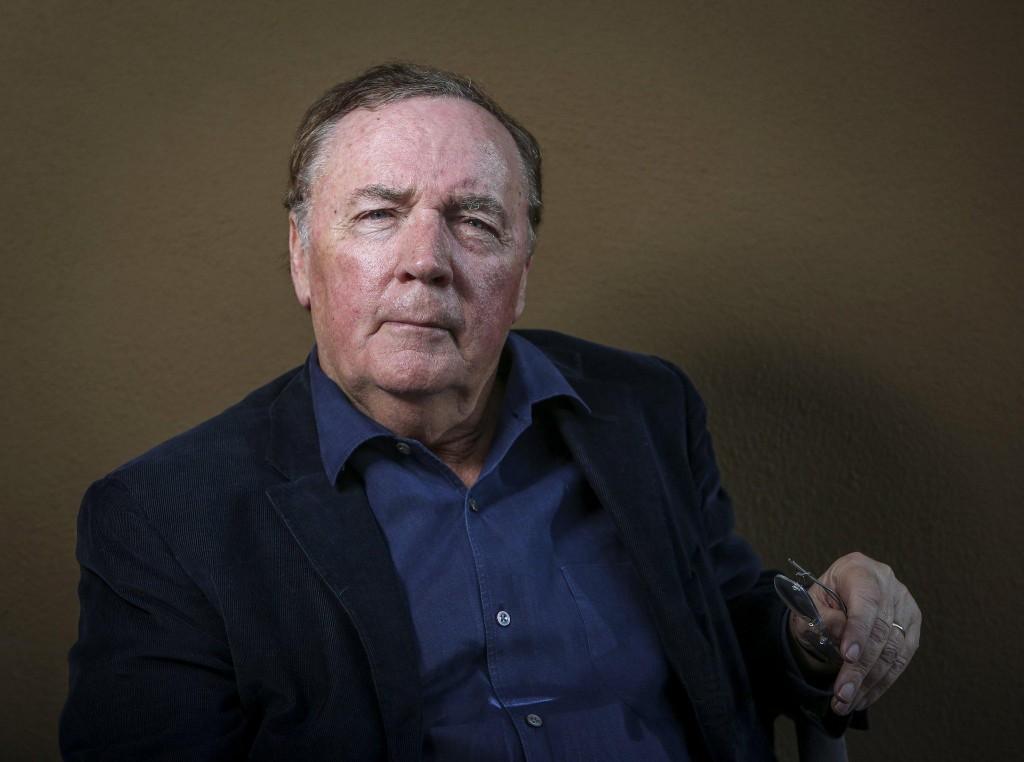




This has Cohen Brothers written all over it.